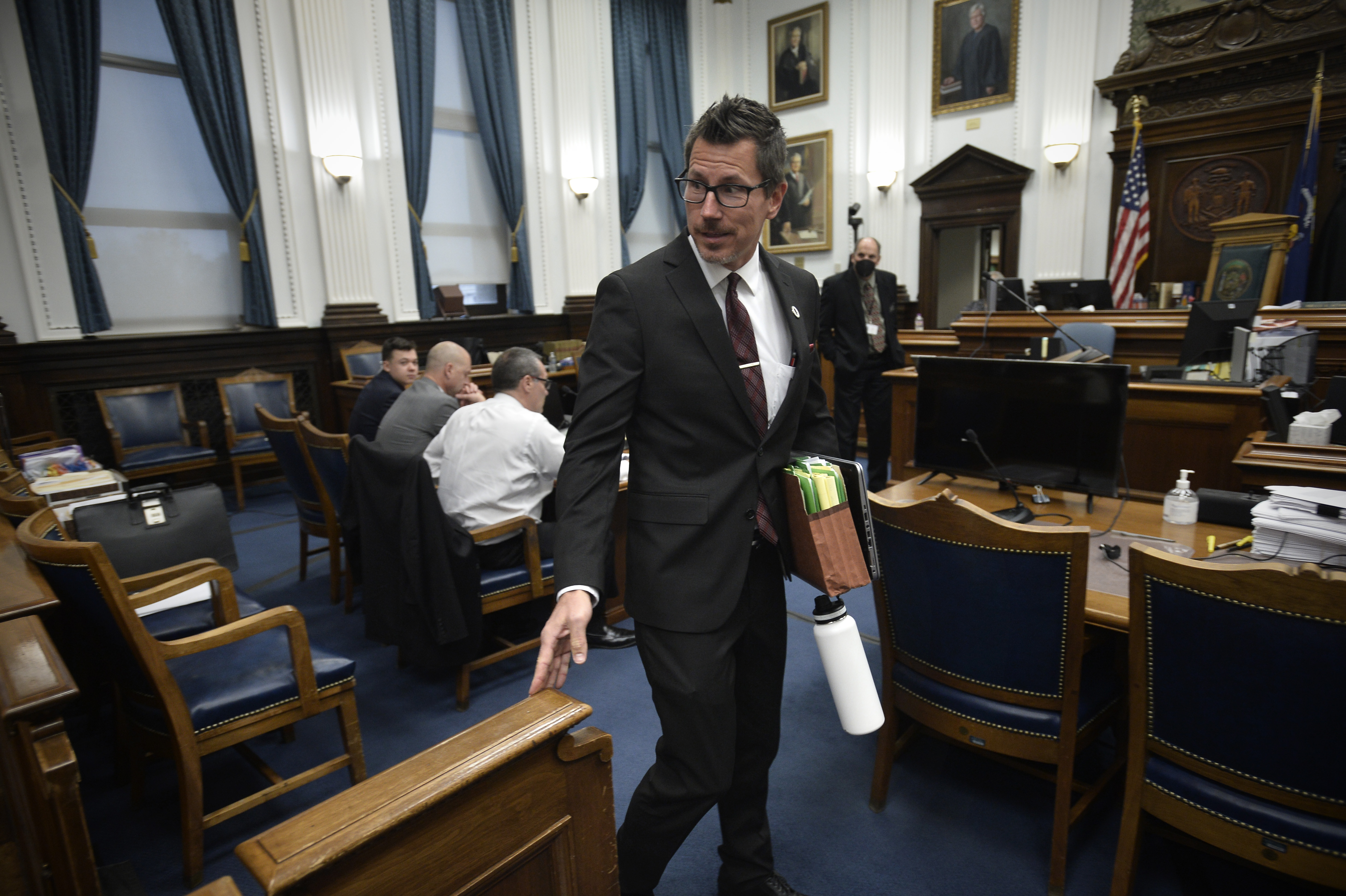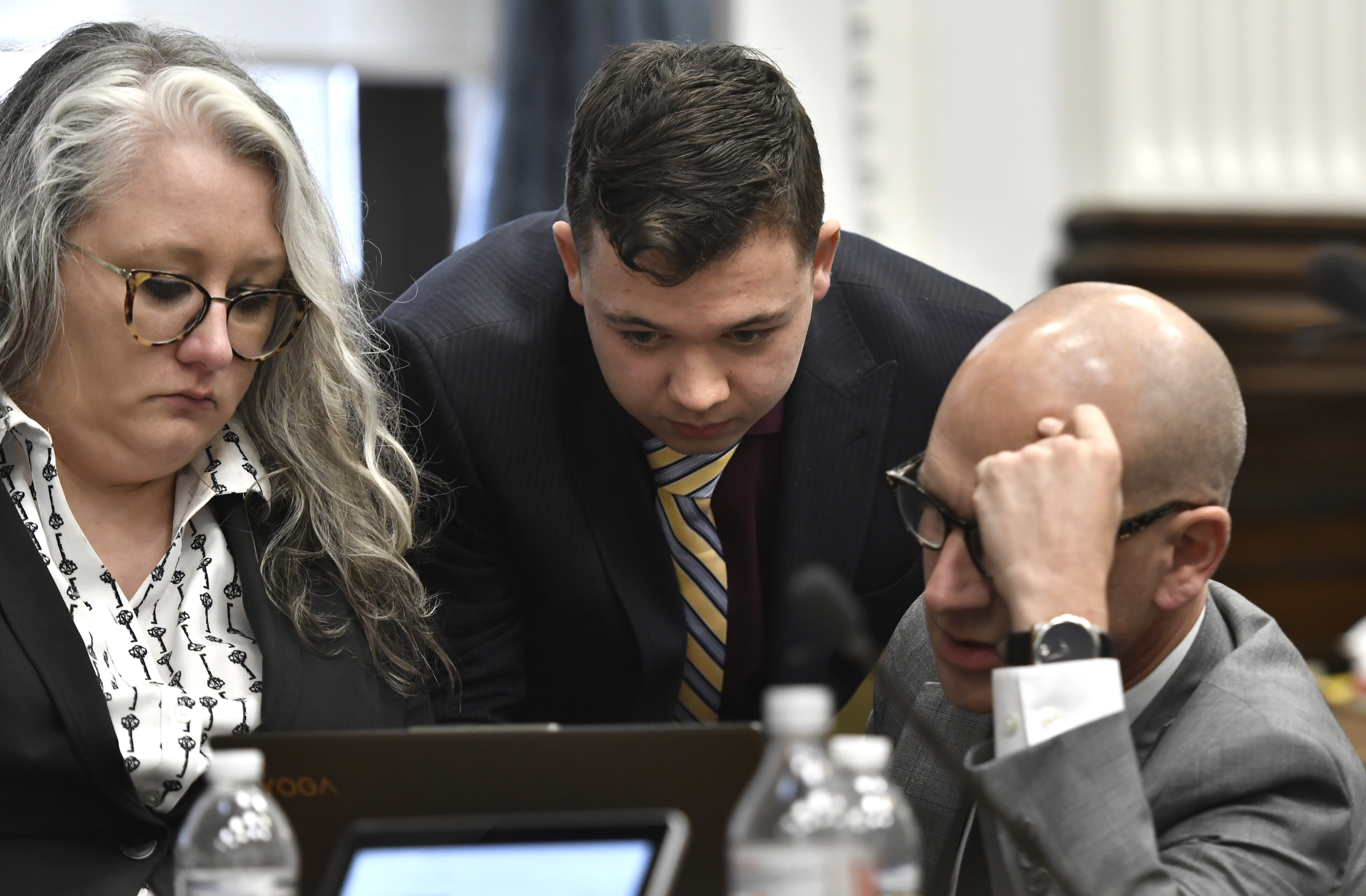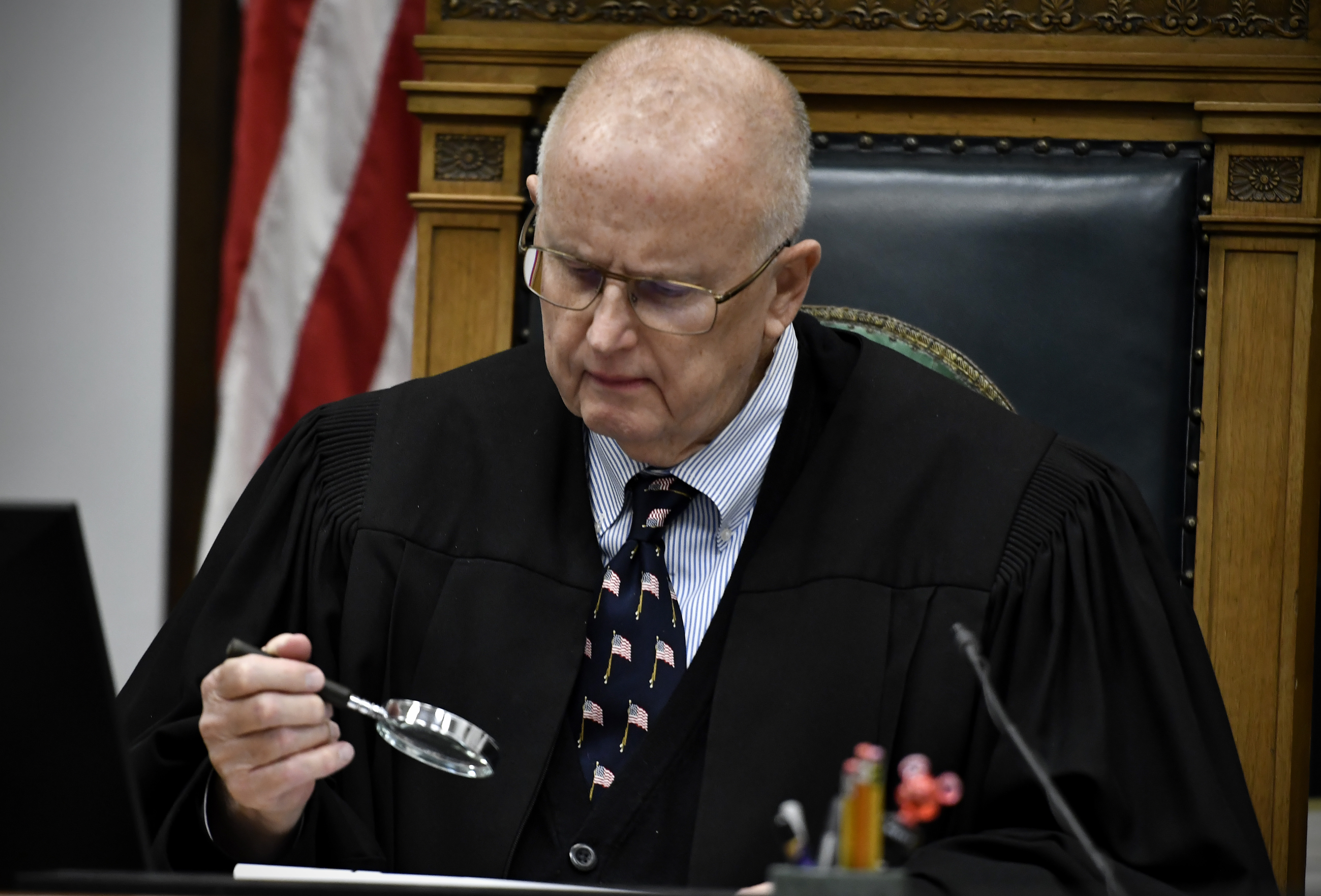Hundreds of Wisconsin National Guard troops have been activated in preparation for a possible verdict next week in the Kenosha murder trial of Kyle Rittenhouse, according to Gov. Tony Evers' office.
Approximately 500 troops are reporting for active duty and will partner with law enforcement as the city braces for the possibility of unrest.
Prosecutors and defense attorneys for Rittenhouse have rested their cases, and closing arguments are set to begin next week.
"We stand ready to support our communities during times of need,” Maj. Gen. Paul Knapp, Wisconsin’s adjutant general, said in a news release. “In close coordination with the governor, we have assembled approximately 500 Soldiers to help keep the Kenosha community safe, should a request from our local partners come in.”
Follow live updates in the Kyle Rittenhouse trial here.
With the potential for protests and significant disruptions, Evers said the state will provide resources to ensure residents' safety.
He also advised people from outside Kenosha to avoid visiting the area next week and encouraged people who choose to exercise their First Amendment rights "to do so safely and peacefully."
Rittenhouse, now 18, killed two men and wounded a third during a night of turbulent demonstrations against racial injustice in the summer of 2020.
Feeling out of the loop? We'll catch you up on the Chicago news you need to know. Sign up for the weekly Chicago Catch-Up newsletter.
The former police youth cadet from Antioch had gone to Kenosha with an AR-style semi-automatic rifle and a medical kit in what he said was an effort to protect property from the damaging protests that broke out over the shooting of Jacob Blake, a Black man, by a white Kenosha police officer.
On Aug. 24, just one day before Rittenhouse fatally shot the two men and injured a third, Evers deployed the Wisconsin National Guard to help provide support to law enforcement agencies in Kenosha following the unrest.
The activation followed a night of protests, with police officers deploying tear gas to disperse hundreds of individuals who took to the streets after the shooting of Blake.
Evers' office described that deployment as a "limited mobilization," explaining soldiers would be used to help protect infrastructure, including fire stations and utilities.




